




Job acknowledges God’s greatness but feels powerless and unheard, crying out for an advocate who could stand between them. His longing hints at the future hope of a mediator – fulfilled ultimately in Christ.
Bildad argues that God is just and that the righteous will prosper, implying Job’s children must have deserved their fate. His rigid theology fails to account for mystery or innocent suffering.
Job responds to Eliphaz with deep frustration, expressing how unbearable his suffering feels and pleading for understanding. He wrestles openly with God, questioning why he has become a target for such distress.
Eliphaz draws from personal experience and tradition, suggesting that suffering always comes from sin and urging Job to repent. His words contain fragments of truth but misapply God’s character and Job’s situation.
Job breaks his silence and pours out raw grief, cursing the day he was born. His lament reveals the depth of his anguish but also shows the honesty God invites His people to bring into His presence.
Job 3–10 reveals Job’s raw lament and dialogue with his friends, showing that honest suffering raises deep questions about justice and wisdom while faith continues to wrestle with God rather than turn away.
Job’s three friends arrive and sit silently with him for seven days, sharing in his grief without offering words. Their presence shows the power of compassion and the ministry of quiet solidarity.
Satan strikes again, this time inflicting Job with painful sores from head to toe. Though urged by his wife to curse God, Job refuses, demonstrating steadfast trust in God – even in physical suffering.
In rapid succession, Job loses his livestock, servants, and all his children. Despite his overwhelming grief, Job tears his robe, falls to the ground, and worships—affirming God’s sovereignty even in devastation.
Heaven’s courtroom opens as Satan questions Job’s motives for following God. God allows Satan to test Job, revealing that true faith is not based on blessings but on genuine devotion.
Job is introduced as a man of blameless character who fears God and avoids evil. His daily rhythm of offering sacrifices for his children shows his deep commitment to holiness and intercession for his family.
Job 1–2 shows that a righteous person can suffer deeply not because of sin, but because God is worthy of trust even when blessings are removed and faith is tested.
GUIDED JOURNAL
Follow along with our Daily Devotionals on the book of Job
Now available in paperback and Kindle on Amazon.ca


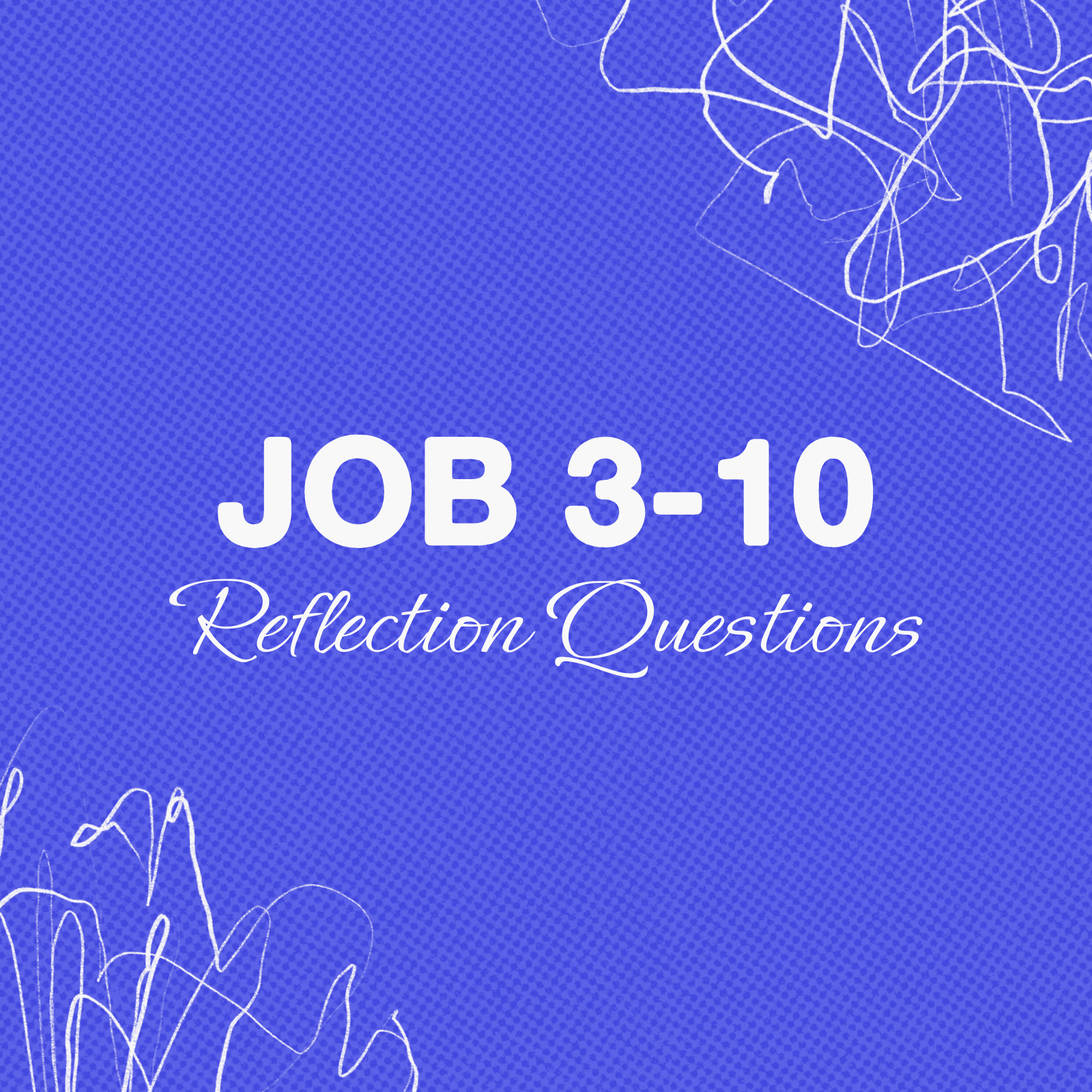






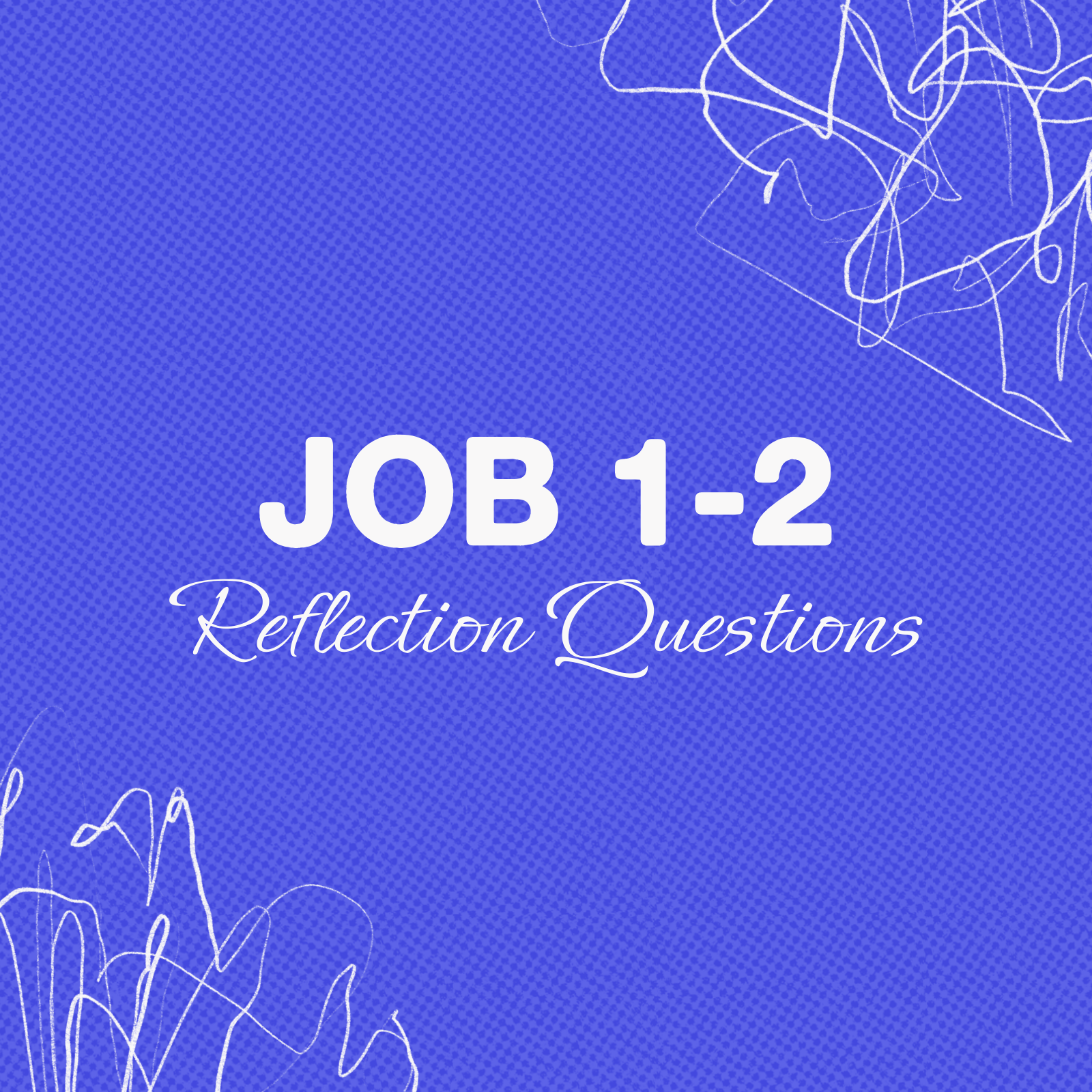
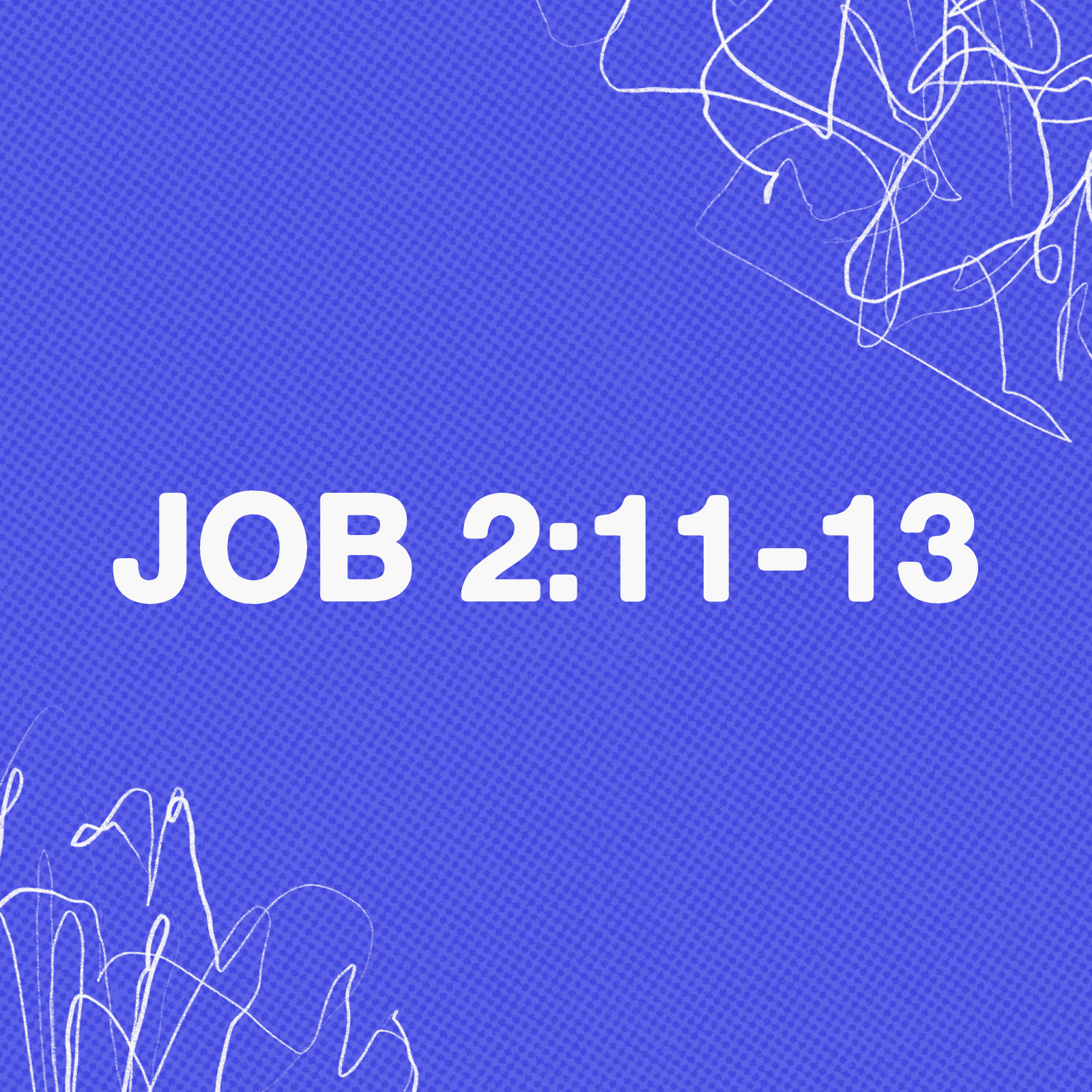







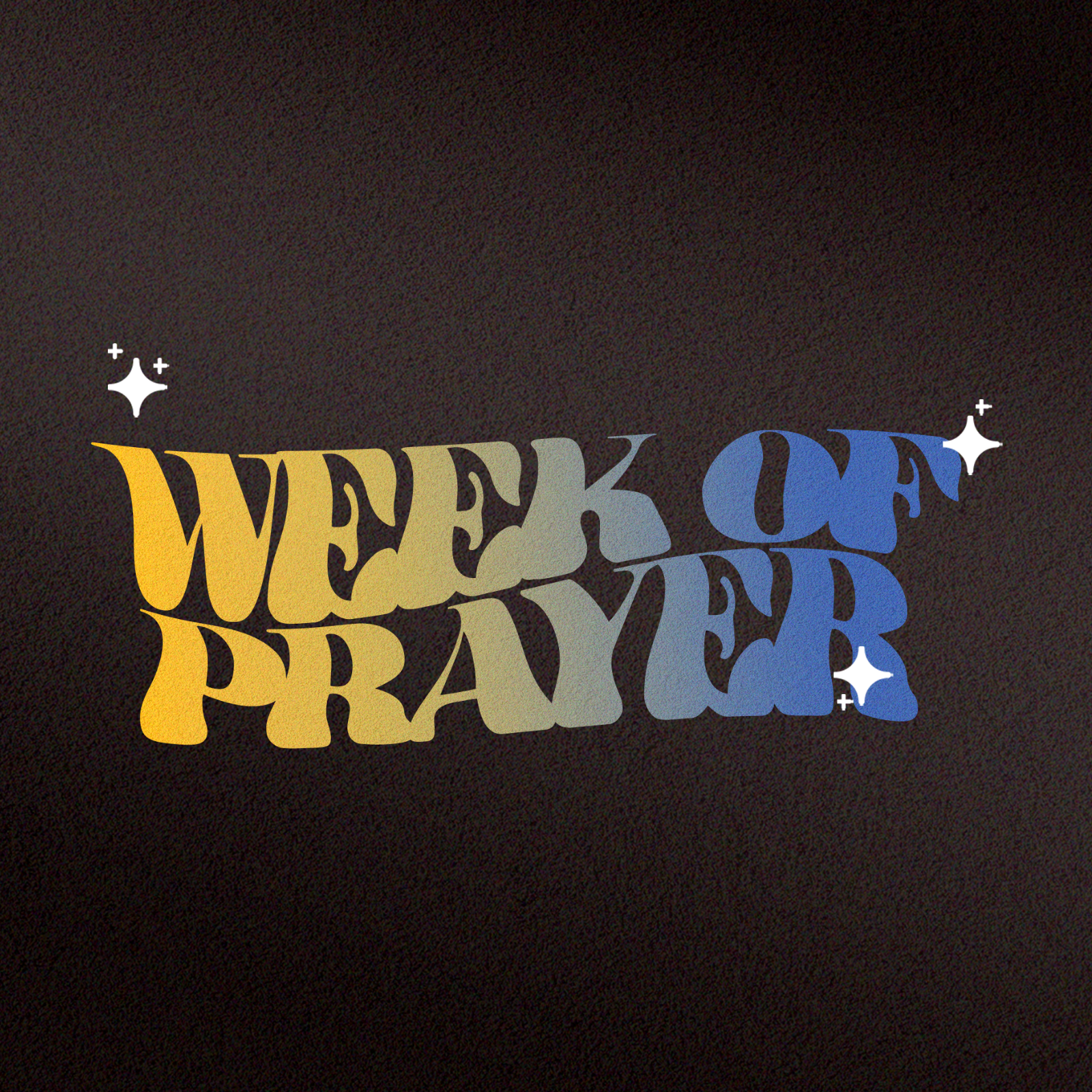



















Job 11–21 shows the growing tension between Job and his friends as they insist suffering equals guilt, while Job clings to his integrity and hope in a Redeemer amid unanswered questions about justice.